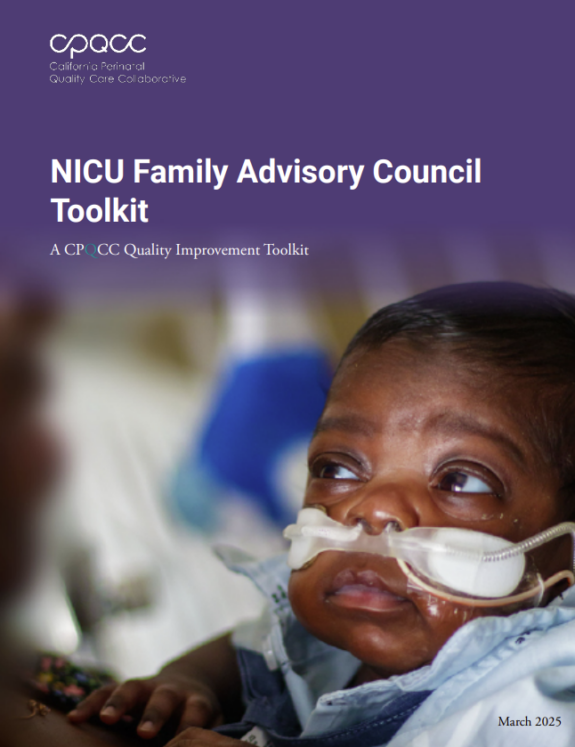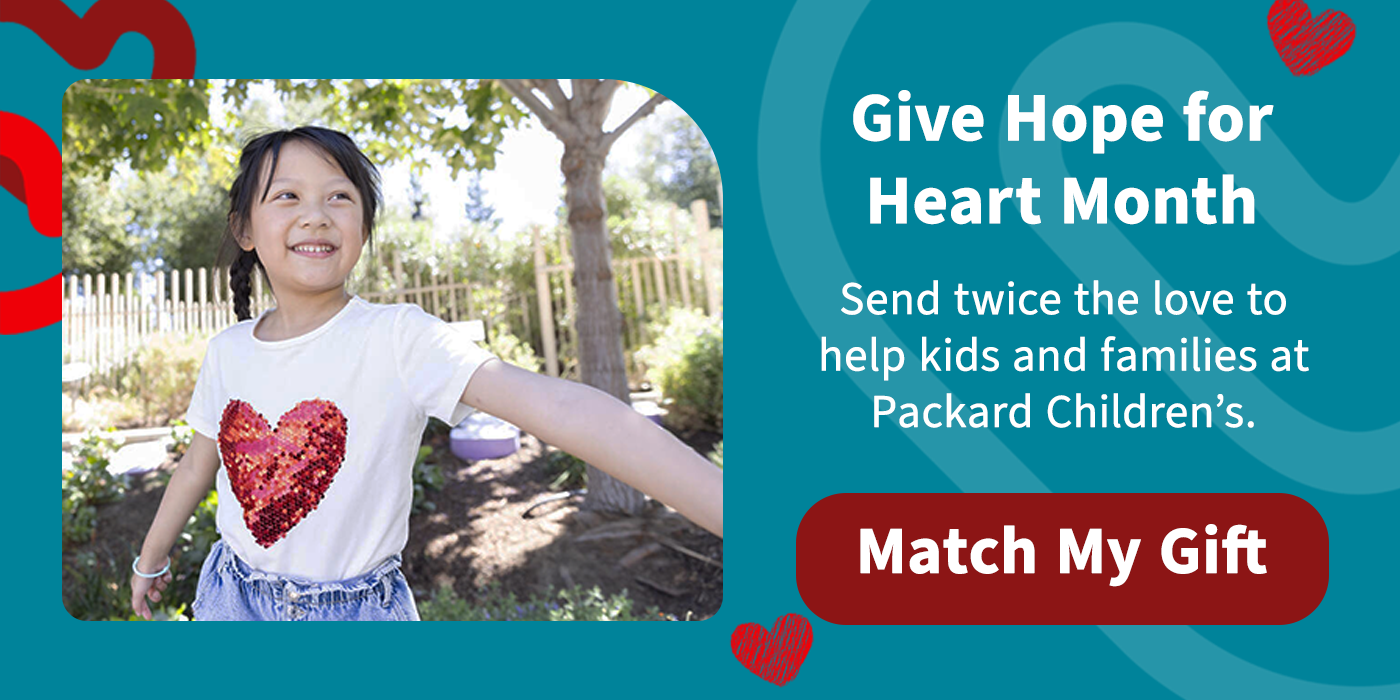Engaging Families in Improving the Health Care System for Children with Special Health Care Needs
The evidence is clear that patient outcomes improve, and family and provider satisfaction rises, when health providers who care for children with special health care needs (CSHCN) actively partner with parents and caregivers in what is known as family-centered care. Yet offering family-centered care is only part of the story. To create a high-quality system of care, the family perspective must be actively pursued and incorporated at all levels of the health care system — direct care, organizational design and governance, and policymaking.
A review of relevant literature on patient and family engagement finds that at present most family engagement activities occur in physicians’ offices, hospitals, and clinics. There is both need and opportunity for families also to be engaged within the broader health care system and as contributors to public policy decision-making. Involving families in program and policy planning makes it more likely that the services provided will be appropriate and utilized. This fact sheet outlines the barriers to family engagement and the opportunities to improve it at all levels of the health care system.


